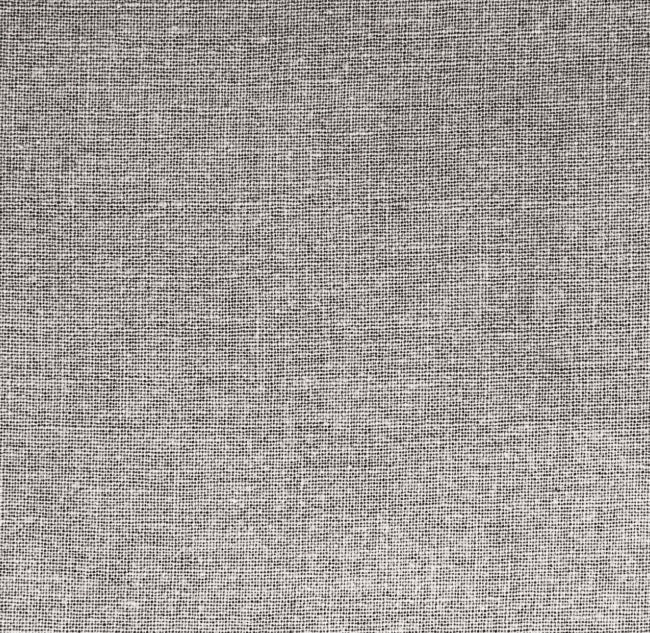Ethical Fashion 101: Understanding Sustainability in Style
In the dynamic world of fashion, one trend making a profound and lasting impact is ethical fashion. This movement transcends fleeting style trends, focusing instead on a sustainable and socially responsible approach to fashion. This blog post delves into the multifaceted world of ethical fashion, shedding light on its significance and the transformative role it plays in the fashion industry.
Defining Ethical Fashion
Ethical fashion represents a holistic approach to fashion design and production, one that considers a wide array of ethical and environmental factors. It's about creating clothing and accessories in ways that respect both people and the planet. Key aspects include the use of sustainable materials, ensuring fair labor practices, and minimizing the environmental impact at every stage of the production process.
The Impact of Fashion on the Environment
The fashion industry's environmental footprint is substantial, encompassing everything from water pollution and pesticide use in cotton farming to the carbon emissions of global shipping. Ethical fashion challenges these issues head-on, advocating for sustainable practices such as using organic materials, reducing waste through circular fashion models, and promoting the longevity of garments through quality craftsmanship.
How Ethical Fashion Empowers Communities
Ethical fashion's impact extends beyond environmental concerns, playing a vital role in empowering communities involved in the fashion supply chain. By embracing fair trade principles, ethical fashion ensures that workers and artisans receive fair compensation and work in safe, dignified conditions. This approach fosters community development, supports education, and enhances the overall well-being of workers, often in some of the world's most vulnerable communities.
Consumer's Role in Ethical Fashion
Consumers wield significant influence in the fashion industry. Their choices can either perpetuate harmful practices or promote positive change. By opting for ethical fashion brands, consumers can encourage a shift towards more sustainable and humane industry practices. This involves being informed about the origins and production methods of clothing, supporting brands that align with ethical values, and considering the long-term environmental impact of fashion purchases.
SoHza Sister: Pioneering Ethical Fashion
SoHza Sister exemplifies the principles of ethical fashion. Their commitment to sustainability is evident not just in their product offerings but in their entire operational ethos. From utilizing eco-friendly materials to supporting artisan communities through fair trade practices, SoHza Sister is a beacon in the ethical fashion landscape. Their partnerships with women artisans globally not only provide unique, handcrafted fashion items but also contribute significantly to empowering women and uplifting entire communities.










